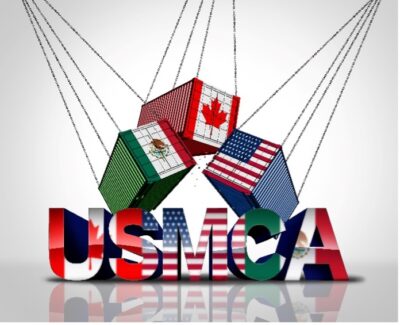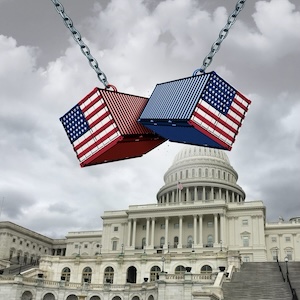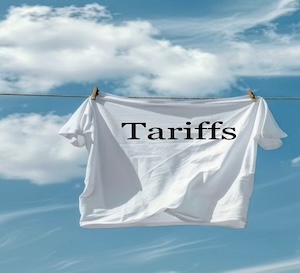
USMCA – We Have Some Good News and Some Terrible News
By Bruce Leeds, Senior Counsel, Braumiller Law Group
As is well known the US has imposed duties of 25% on imports from Canada and Mexico. This means that those imports will take the regular duty plus 25%. For example, a switchgear assembly classified under 8537.10.91 made in Canada or Mexico will take a duty of 2.7% plus the special tariff of 25% for a total rate of 27.7% of the value.














